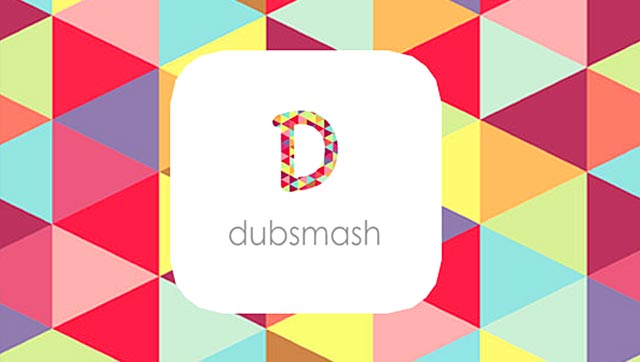What to do if scammers withdrew money from your bank card? What should you do when your social network account has been hacked? What do you need to do if your personal correspondence went public?
Internet users ask these questions almost every day. And most of them make their enquiries not for preventative purposes. Unfortunately, these situations are not infrequent and the recent events which took place around the globe, including India, prove this statement.
A recent scandal when a freely accessible database holding information about 6 million India citizens is quite illustrative. The database includes such data as full name, e-mail, phone number, date of birth, information on education and skills, employment history, and information about the current employment and salary. The owner of the database remains unknown. However, it’s obvious that the database was created for personal gain. There is no precise evidence about how it was made. Most likely, the data was stolen when users got connected to the public Wi-Fi hotspots.
Accessing the Internet using your home computer
Not only public Wi-Fi hotspots can be a source of danger. Even when you access the Internet using your home computer, there is a chance that unauthorised people can gain access to your personal information. All passwords, logins, and bank card details which you input using your computer are stored by your Internet provider. And the individuals who gain access to this data are beyond your control.
Analysis of the outgoing traffic helps to build your “user’s profile”. In the best case scenario, you start receiving scam based on your profile and in the worst case, you start receiving personalised offers which are not always in your favour.
For example, you want to go on a journey and check websites which offer tickets. You make queries using your IP-address indicating preferable destinations. Hence, ticket demand rises making the prices go up for you.
Similar situations may arise when you hire a car, book a hotel room, or try using some communication service.
Unprotected traffic and VPN99
So, real life shows that you can’t see yourself protected using public hotspots and your home network. To maintain privacy and protect your personal data from scammers, you have to encrypt your connection and hide your IP-address.
There are many options of how you can do it. You can use proxy servers and TOR and VPN networks. Connecting to the Internet using a proxy server can’t secure comprehensive anonymity as the servers store history. TOR encrypts data automatically changing IP-addresses; however, it significantly limits the functions of various resources (for example, Flash content can’t be viewed). Plenty of VPN services are currently available and they remain the only solution.
Free VPN-servers are very dangerous. Some of them not only record traffic and save logs but can give your personal data to the third parties for money. But even if they choose not to do this, high numbers of connections make the speed on VPN-servers used by free services very low.
The following criteria should be observed when connecting to a paid VPN-provider:
- Stable connection;
- Speed;
- Simple and clear settings;
- Privacy guarantee;
- The option to avoid geographical restrictions.
Comprehensive anonymity can be secured by a service like VPN99 as it does not save logs. Besides, a good number of servers and redistribution of traffic between them allows maintaining high-speed traffic and stable connection. VPN99 uses 2048-bit key to encrypt the data which provides a high level of security and performance even if an old computer or mobile device is used.
Of course, you shouldn’t think that 50% of all Internet service providers are crooks who want to get your personal data. However, for safety reasons, you should use a VPN and avoid showcasing your online activity.





